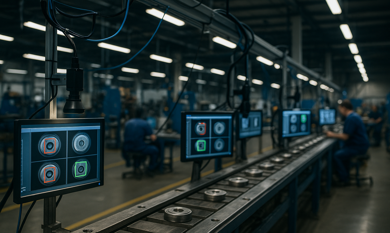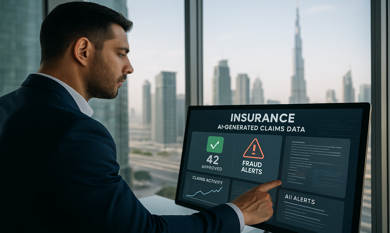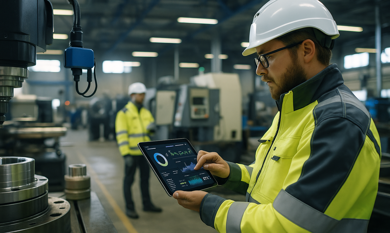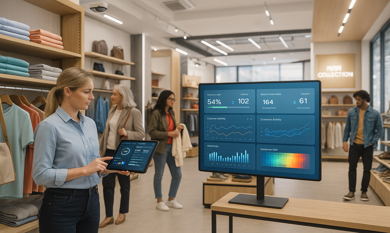In today’s world, energy efficiency has become a crucial focus for businesses worldwide. As commercial buildings continue to account for a significant portion of global energy consumption, the need for smarter, more sustainable solutions is stronger than ever. Traditional methods of energy management in commercial buildings often fall short of achieving the levels of efficiency required in a rapidly evolving technological landscape. However, with the rise of the Internet of Things (IoT), building managers now have the tools to track, monitor, and optimize energy usage with remarkable precision.
The integration of IoT into energy analytics provides businesses with real-time data, helping them minimize waste and improve their sustainability efforts. This technology offers a solution to both reduce operational costs and meet regulatory requirements, making it an essential tool in modern building management systems. In this blog, we will explore how IoT is transforming energy analytics and its impact on minimizing waste in commercial buildings, with real-life examples, benefits, and more.
How IoT Enhances Energy Analytics in Commercial Buildings
Energy analytics powered by IoT leverages advanced sensors, smart meters, and data analytics platforms to monitor energy consumption across various systems, including HVAC (heating, ventilation, and air conditioning), lighting, and other equipment. These devices provide real-time data, which can be analyzed to identify inefficiencies, optimize usage, and predict maintenance needs.
IoT devices can track how well HVAC systems perform by observing temperature and humidity in different building areas. Based on the data, the system can adjust temperature settings to avoid overuse, saving both energy and costs. Similarly, lighting systems connected to IoT can be adjusted automatically based on occupancy or time of day, ensuring energy is not wasted when rooms are unoccupied.
IoT-driven analytics support data-based decisions that help improve energy savings and operational productivity.
Real-World Examples of IoT in Energy Analytics
1. AT&T’s Smart Building Initiative
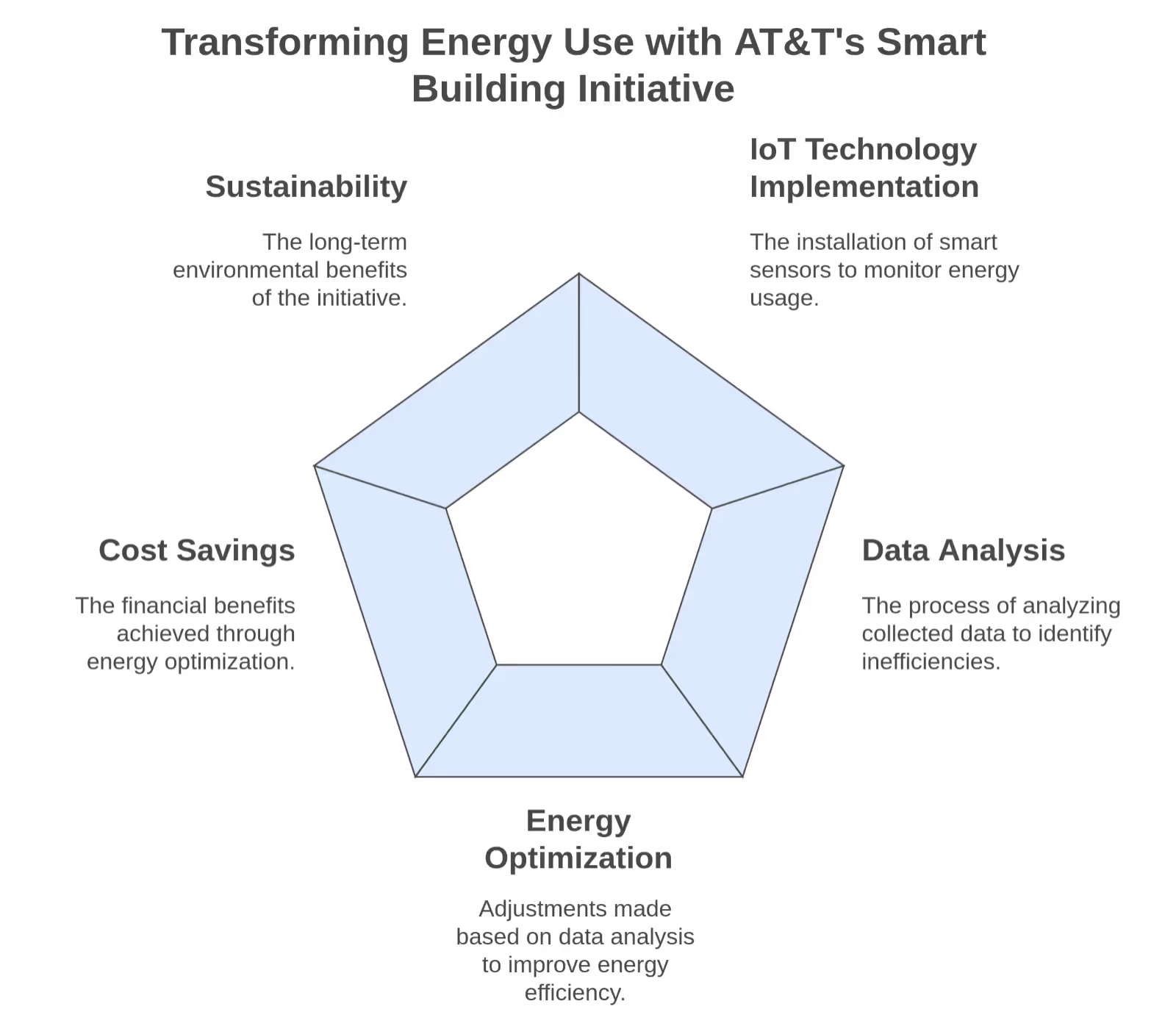
A significant case of IoT transforming energy use can be seen in AT&T's approach. The company implemented IoT technology across its facilities to track and optimize energy consumption. By installing smart sensors in buildings, AT&T was able to monitor energy usage across different areas of its facilities. The collected data was analyzed to identify energy inefficiencies, allowing the company to make adjustments that led to significant cost savings. AT&T’s initiative demonstrates how IoT can not only optimize energy use but also reduce operational costs, making commercial buildings more sustainable. Read more
2. Keppel Bay Tower, Singapore
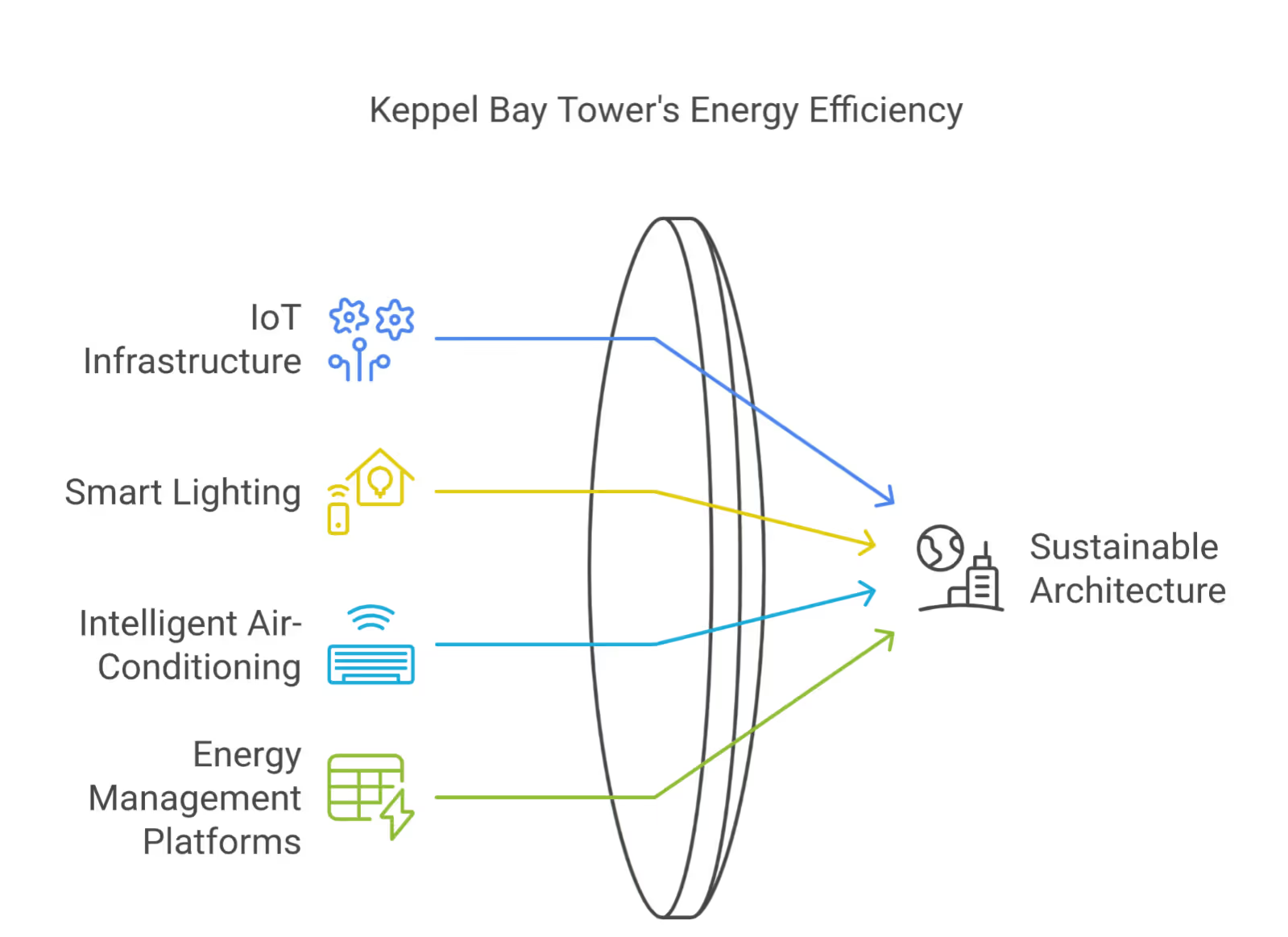
Keppel Bay Tower in Singapore is an example of how smart buildings can drastically reduce energy consumption. IoT-powered infrastructure was integrated during the building's full-scale modernization for better energy oversight. Smart lighting, intelligent air-conditioning, and energy management platforms have helped the building reduce its energy consumption by 30%. This retrofit not only made the building more energy-efficient but also positioned it as a prime example of sustainable architecture. By using IoT technology, Keppel Bay Tower is saving energy and helping to lower its carbon footprint, all while improving tenant comfort. Source
Benefits of IoT for Energy Management in Commercial Buildings
Smart energy analytics powered by IoT significantly benefit commercial property operations. These benefits go beyond reducing operational costs; they also play a significant role in improving environmental sustainability and compliance with regulatory standards.
- Cost Savings: Lowering operational costs is a key advantage of implementing IoT in energy management systems. By accurately tracking energy usage and identifying areas of inefficiency, building managers can make adjustments that lead to significant cost savings over time.
- Predictive Maintenance: IoT devices can predict when building systems require maintenance or when an appliance is operating inefficiently. For instance, HVAC systems can be flagged for service before they break down, avoiding costly repairs and reducing energy waste.
- Sustainability: IoT systems also contribute to environmental sustainability by ensuring that energy is not wasted unnecessarily. By optimizing heating, cooling, and lighting, buildings can reduce their overall energy consumption, which helps in achieving sustainability goals and meeting regulatory energy efficiency standards.
- Improved Comfort and Productivity: IoT technology can also be used to enhance the comfort of employees or tenants within a building. By continuously adjusting temperature, air quality, and lighting, IoT systems create an environment that is more comfortable, which in turn boosts productivity and satisfaction.
Overcoming Challenges in IoT Adoption
While the benefits of IoT in energy analytics are clear, businesses may face challenges when integrating these systems. Some of the common hurdles include the cost of installation, the need for skilled personnel to analyze and interpret data, and the potential complexities of integrating IoT devices with existing building systems.
To overcome these challenges, companies must work with experienced IoT solution providers who can help ensure that systems are properly installed and configured. With the right strategy, the initial investment in IoT systems can quickly be recouped through energy savings and operational efficiency.
What’s Next for Energy Analytics in Commercial Spaces
The role of IoT in energy analytics will continue to grow, especially with the integration of artificial intelligence (AI) and machine learning (ML). These technologies will further enhance the capabilities of IoT systems, allowing them to predict energy consumption patterns with even greater accuracy and optimize energy use in real-time.
By integrating AI, IoT systems can make autonomous adjustments based on historical data, weather conditions, occupancy patterns, and more. As these systems evolve, commercial buildings will become smarter, more energy-efficient, and more sustainable.
Why Choose Theta Technolabs for Your IoT Solutions?
At Theta Technolabs, we are an experienced IoT development company in Dubai, offering customized solutions for energy management in commercial buildings. Whether you need a smart energy management system, mobile application development, or a fully integrated web platform, we have the expertise to help you optimize energy usage and improve operational efficiency.
We offer end-to-end IoT solutions that help you reduce waste, improve sustainability, and meet your energy efficiency goals. For more information or to discuss your energy management project, feel free to contact us at sales@thetatechnolabs.com.



.avif)












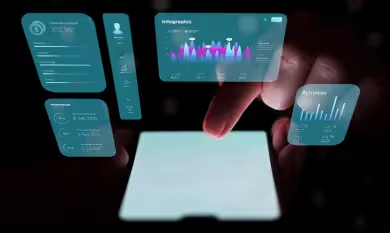

_Computer%20Vision-enabled%20Web%20and%20Mobile%20Interfaces%20for%20Mall%20Management%20in%20Dubai_Q1_In_24.avif)
_Smart%20Solutions%20for%20Healthcare_%20How%20IoT%20Development%20is%20Reshaping%20Dubai%20Hospitals_Q1_In_24.avif)
_Automated%20Checkout%20Systems.avif)
_Smart%20Manufacturing%20in%20Dubai_%20How%20AI%20is%20Driving%20Efficiency%20and%20Innovation_Q1_In_24.avif)

_Understanding%20the%20Impact%20of%20AI%20and%20Machine%20Learning%20on%20Fintech%20Web%20Apps%20in%20Dubai_Q2_24.avif)
_Explore%20the%20Best%20Cross-Platform%20App%20Development%20Frameworks%20of%202024_Q3_24.avif)
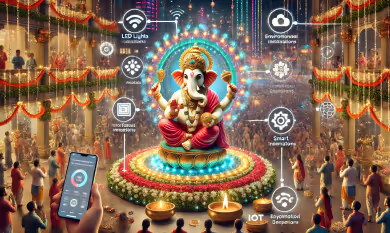

_Top%20Benefits%20of%20Cloud%20Computing%20for%20All%20Business%20Sectors_Q2_24.avif)
_Integrating%20IoT%20with%20Mobile%20Apps%20for%20Advanced%20Renewable%20Energy%20Solutions_Q2_24.avif)
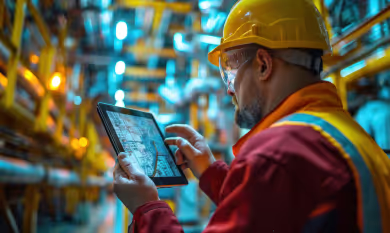

_The%20Transformative%20Role%20of%20Open%20Banking%20APIs%20in%20Fintech%20for%202024_Q3_24.avif)
_Choosing%20the%20Right%20Computer%20Vision%20Development%20Partner%20in%20Ahmedabad%20for%20Construction_Q3_24.avif)
_Node.js%20and%20Blockchain_%20A%20Perfect%20Pair%20for%20Fintech%20Innovation%20in%20Dubai_Q3_24.avif)
_How%20AI%20Development%20Companies%20in%20Ahmedabad%20are%20Transforming%20the%20Shopping%20Experience_Q4_25.avif)
_How%20IoT%20Can%20Reduce%20Energy%20Costs%20in%20Smart%20Factories_Q4_25.avif)








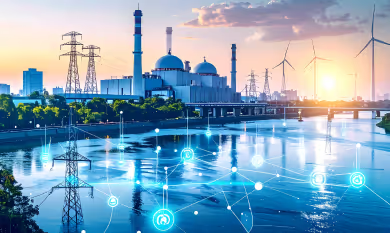



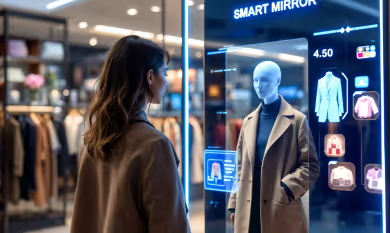

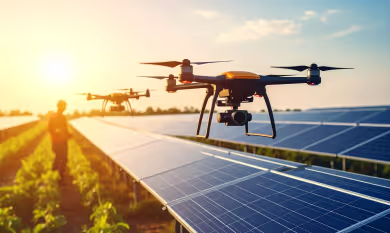
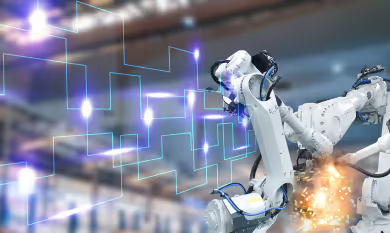
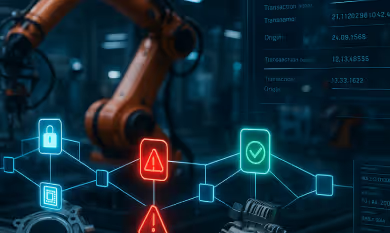
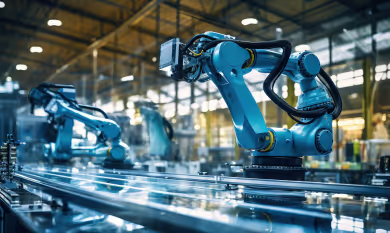



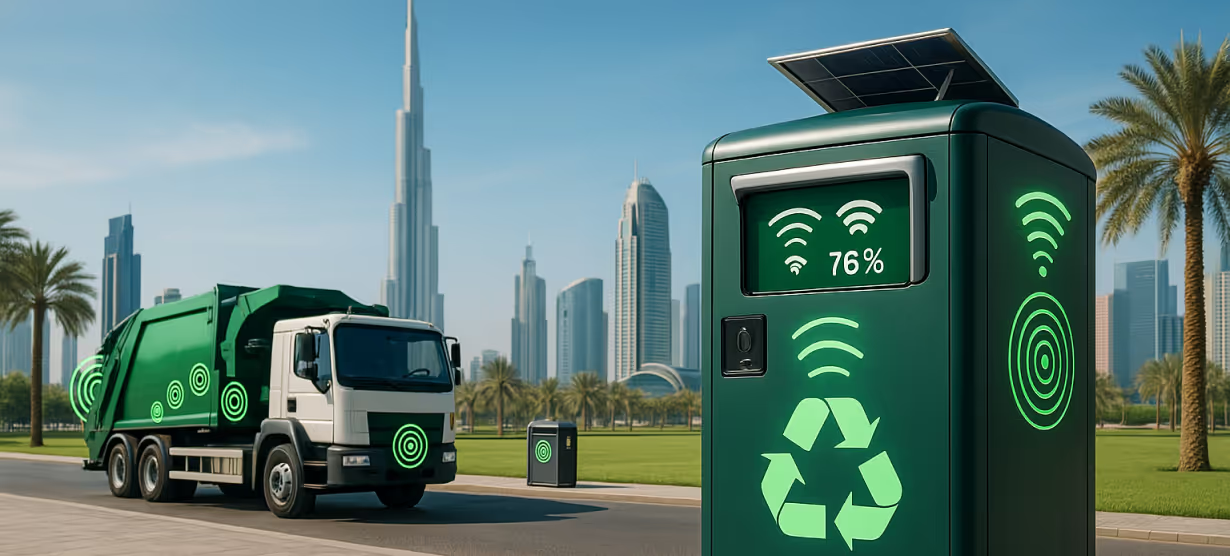
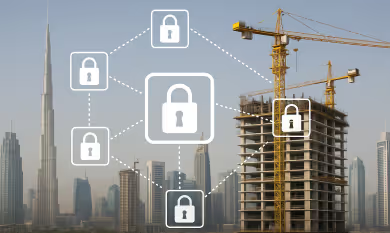
.avif)
.avif)
.avif)





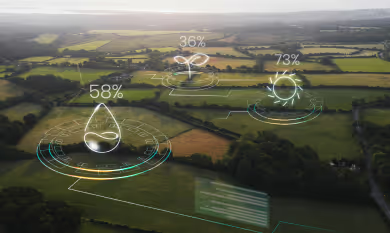

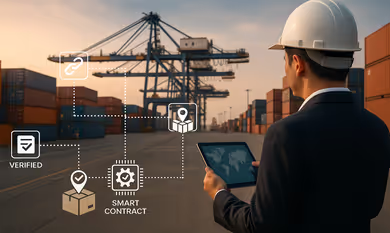
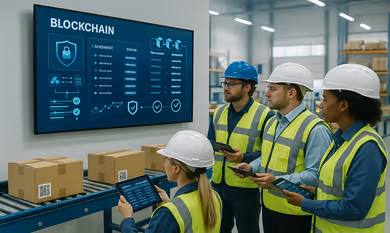




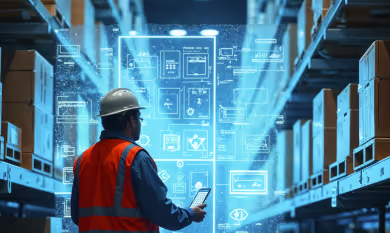
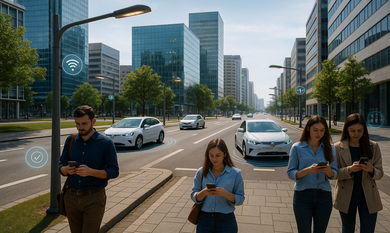


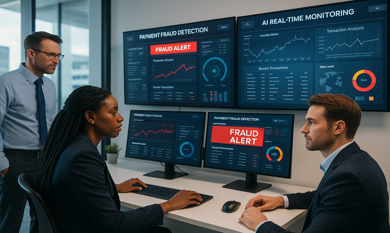


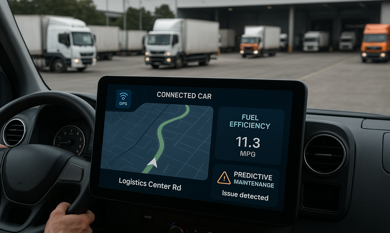




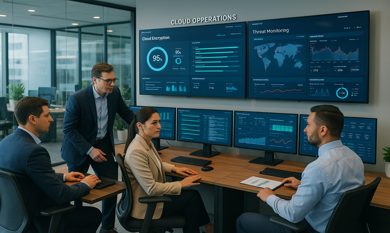

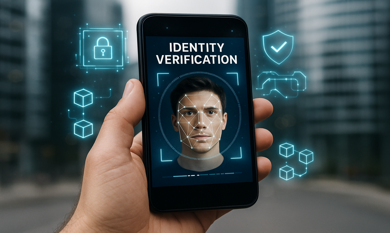




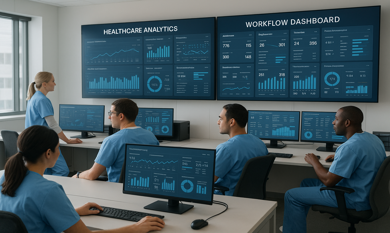
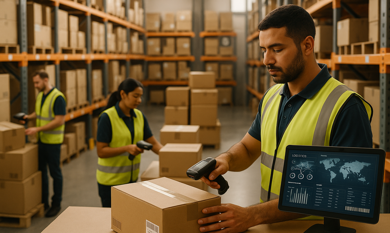



.png)





.png)
